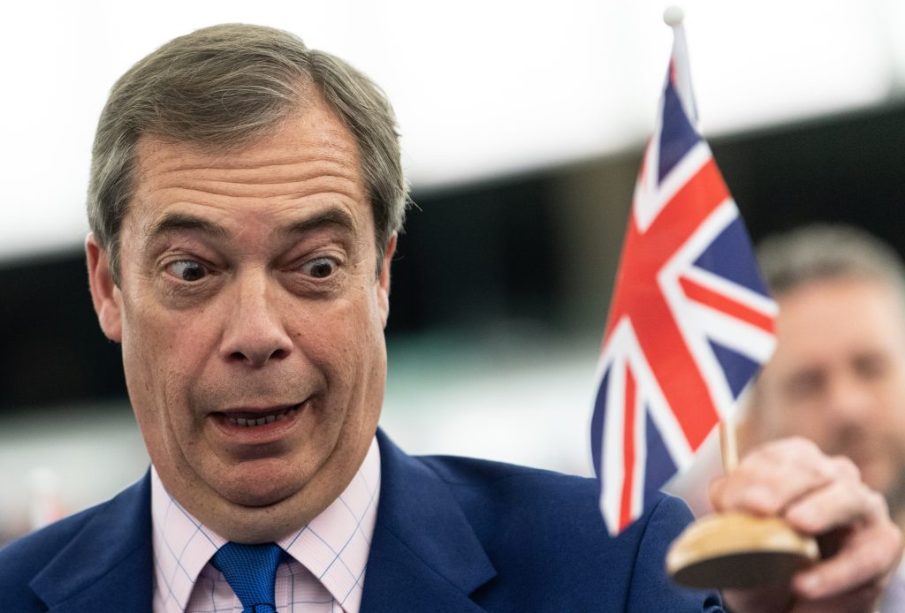The Political Journey of Nigel Farage

Introduction
Nigel Farage has been a defining figure in British politics, particularly noted for his pivotal role in the Brexit movement. His advocacy for the United Kingdom’s departure from the European Union has sparked extensive debate and polarized opinions across the nation. Understanding Farage’s influence is essential for comprehending the complexities of contemporary UK politics.
The Rise of Farage
Farage first entered politics as a member of the Conservative Party, but he soon realised that the party’s pro-European stance did not align with his beliefs. In 1993, he co-founded the UK Independence Party (UKIP) and became its leader in 2006. Under his leadership, UKIP focused solely on pushing for a referendum to leave the EU. Remarkably, in the 2014 European elections, UKIP received more votes than any other party in the UK, marking a significant shift in political dynamics.
Brexit and Its Aftermath
Farage’s relentless campaigning was instrumental in the lead-up to the 2016 EU referendum, where 51.9% of voters opted to leave the EU. Farage grew into a household name, celebrated by supporters who viewed him as a champion of British sovereignty. However, his polarising views also attracted criticism, contributing to his complex legacy. Following the resignation of then-Prime Minister David Cameron, who called the referendum, Farage left UKIP, claiming his objective of achieving Brexit was complete.
Recent Developments
In recent months, Farage has re-emerged onto the political scene, founding the Reform UK party, which advocates for policies beyond just Brexit. This party continues to carry forward his populist message, focusing on issues such as immigration and public health reform. Farage has also made media appearances, consistently engaging with issues and opinions that resonate with certain voter bases, particularly right-wing constituencies.
Conclusion
Nigel Farage’s political journey showcases the powerful impact one individual can have on national politics. His role in the Brexit campaign altered the course of UK history and highlighted a deep divide within British society regarding its relationship with Europe. As political landscapes continue to evolve, Farage’s ongoing influence and the response from the public will be crucial in understanding the future direction of UK politics. Observers suggest that his populist approach may continue to shape political discourse, potentially revitalising his brand of advocacy as issues surrounding sovereignty, immigration, and national identity remain relevant.









